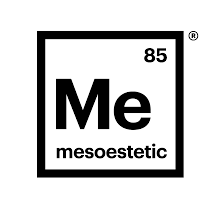Cosmetic treatments and surgery seem to be recession proof with people still being very interested in turning back the clock. But, there is a fear that with the lack of regulations being so immense just about anyone can set up shop. A rise in bungled non-surgical cosmetic treatments has been reported recently, and cases are popping up at an alarming rate in courts.
Even with the recession, it is estimated that these procedures have grown in popularity by nearly 25% in the last year. There were about 5,000 facilities in the UK practicing around 200,000 procedures, in total, over the last year.
These non-surgical procedures are carried out with lasers and injections and should be performed by well-qualified medical professionals. However, the truth is, this is not always the case. This equipment can be easily obtained by non-medical personnel and anyone can open a salon and offer these services.
Typically, clinics using high-powered lasers must be registered with Healthcare Inspectorate Wales, but these cosmetic treatment facilities are not being regulated. The Independent Health Advisory Service has also failed to regulate the use of Intense Pulsed Light (IPL) treatments, and these treatments are causing most of the problems.
With no regulations being issued, the people practicing these procedures are doing so without proper training. They are practicing with nothing but an interest in making their money back on the very costly equipment they have purchased. This leads to an interest in quantity over quality, and people get hurt.
If these high-powered lasers are used at an inappopriately high setting clients can be severely burned. Clients are being left with burns resulting in permanent scarring. If the victims of these bungled operations are lucky, Clients are being left with burns resulting in permanent scarring, but the deeper burns are there for life. This irreversible damage can lead to severe psychological distress for the client.
If you are considering a cosmetic treatment, do your research. The British Association of Cosmetic Doctors has a list of licensed facilities which offer these treatments. Doctors practice under a code of ethics and are required to give you a realistic assessment of how cosmetic procedures may help you. Furthermore, if anything were to go wrong during a procedure, an investigation could be held through the General Medical Council. If this investigation found the physician to be negligent, he/she could lose their license. Please protect yourself.










